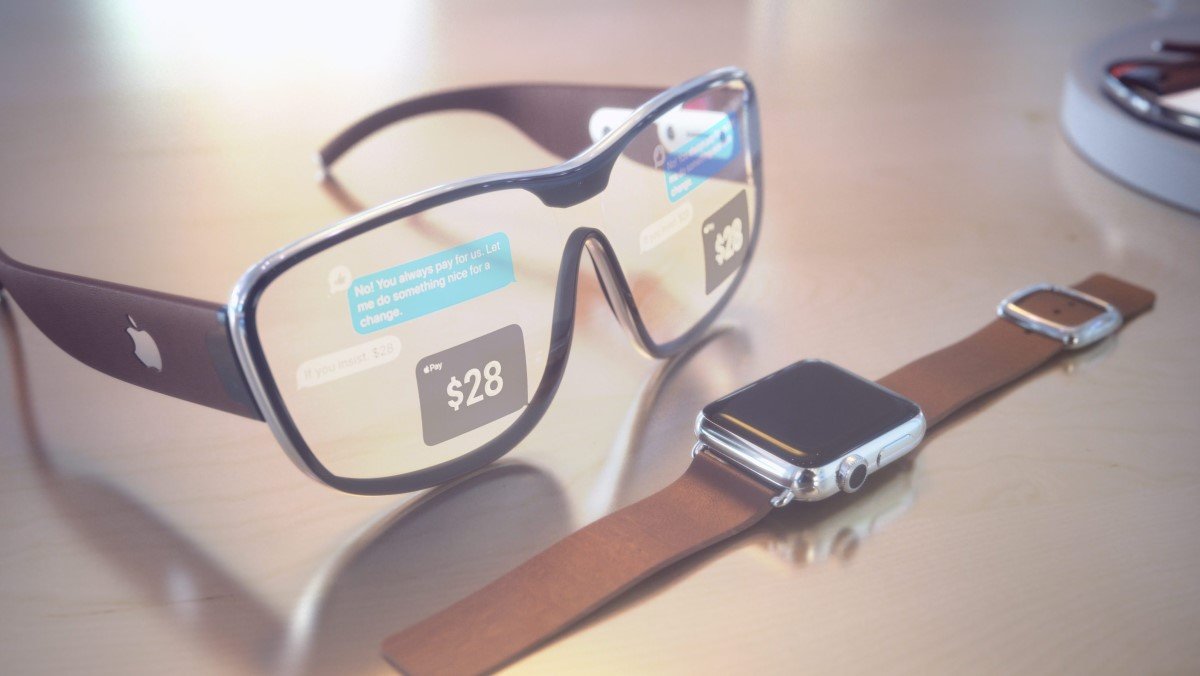Apple is actively developing new iterations of its Vision products in response to the lukewarm reception of its first-generation Vision Pro headset. The latest reports from Mark Gurman suggest that the tech giant is preparing a more affordable version of the Apple Vision, potentially launching as early as next year. This move comes in light of the high price point of the current Vision Pro, which at $3,499 has limited its appeal despite its impressive technological capabilities.

The new, less-expensive Apple Vision model is expected to address the price concerns of its predecessor, though exact details on how Apple plans to achieve a more budget-friendly price are still unclear. Speculation includes the use of lighter materials and the possibility of integrating less advanced components to cut costs. Despite these potential adjustments, Gurman expresses skepticism about whether this model will significantly boost consumer interest in Apple’s mixed-reality devices, which have struggled to capture widespread attention among users.
In addition to the more affordable Vision headset, Apple is also working on a second-generation version of the Vision Pro. The release timeline for this new iteration remains uncertain, but it is expected to bring enhancements over the original model. Apple’s continued investment in the Vision Pro suggests that the company is committed to refining its mixed-reality technology, even in the face of slower-than-anticipated sales.
Moreover, Apple is exploring the smart glasses market, an area currently dominated by Meta’s Ray-Ban smart glasses. These glasses, priced around $329, offer features like photo and video capture, voice assistant capabilities, and integration with Meta AI. Apple’s version, potentially named “Apple Glass,” aims to compete in this space but faces technical challenges that have delayed its development. The goal of creating a fully augmented reality experience with these glasses has been set aside for now, suggesting that a true AR product from the tech giant might be years away.
(via Bloomberg)
Read more:



